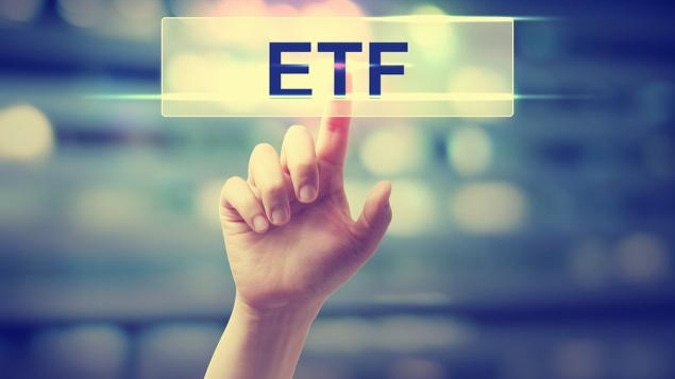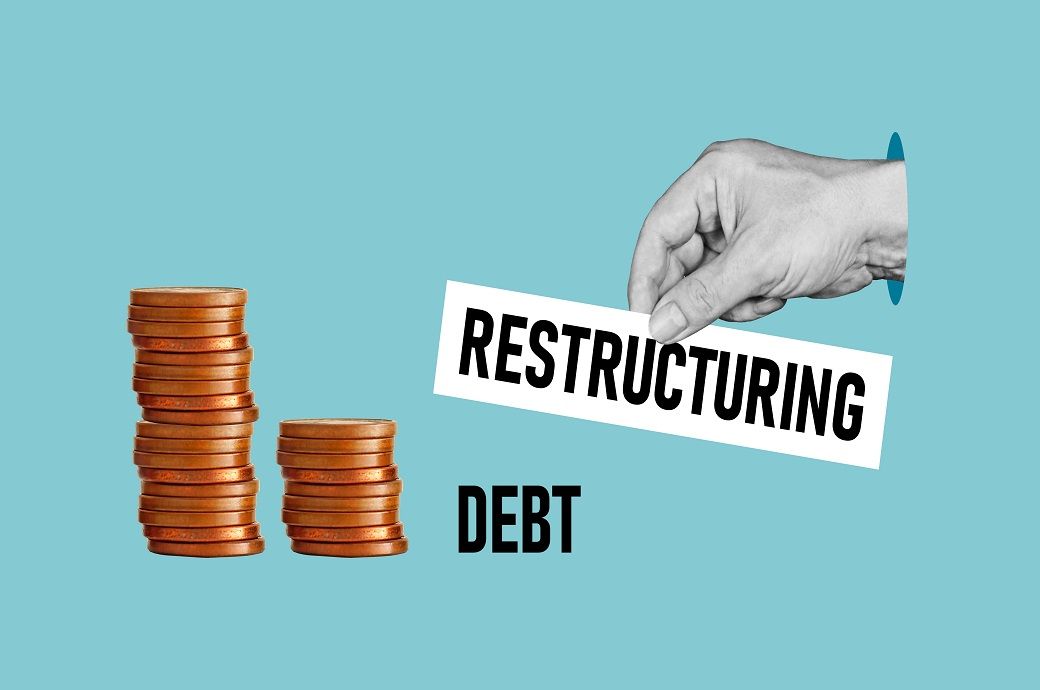[ad_1]
You’re reading Entrepreneur United States, an international franchise of Entrepreneur Media.
This story originally appeared on Zacks
U.S. consumers continue to be concerned about the sustainability of economic recovery from the pandemic-led slump, surging Delta variant threats and increasing inflation levels. Consequently, consumer confidence in the United States slipped to a seven-month low in September. The Conference Board’s measure of consumer confidence index stands at 109.3 (the lowest level since February) in comparison to 115.2 in August. The metric has witnessed the third consecutive monthly decline in September. September’s reading also missed the consensus estimate of the metric coming in at 114.5, per a Reuters’ poll. The metric continues to be below the pre-pandemic level of 132.6 in February 2020.

– Zacks
The Present Situation Index, which gauges consumer views on current business and labor market conditions, declined to 143.4 in September from 148.9 in the previous month. The Expectations Index, which measures consumers’ short-term (for the next six months) outlook for income, business and labor market conditions, also dropped to 86.6 from 92.8 in August.
Moreover, the survey’s labor market differential, calculated from data on respondents’ views on whether sufficient jobs are available or difficult to get, dropped to a reading of 42.5 in September from 44.4 in August, per a Reuters article.
In this regard, Lynn Franco, Senior Director of Economic Indicators at The Conference Board, reportedly said, “Consumer confidence dropped in September as the spread of the Delta variant continued to dampen optimism. Concerns about the state of the economy and short-term growth prospects deepened, while spending intentions for homes, autos, and major appliances all retreated again.”
Consumers seem disturbed about the elevated prices of homes, vehicles and household durables. In fact, the buying attitude for vehicles and homes is contracting.
Present U.S. Economic Scenario
Wall Street has been witnessing some muted performances in the seasonally weak month of September. Other concerns that kept investors worried include rising coronavirus cases due to the highly contagious Delta variant, surging inflation levels, uncertainty surrounding the Federal Reserve’s meeting and its decision on tapering the fiscal stimulus along with China’s property crisis.
However, the U.S. consumer sentiment marginally improved despite the rising concerns about the surging coronavirus cases and the rising inflationary levels. The University of Michigan’s preliminary consumer sentiment inched up to 71 in September from 70.3 last month, per a BloombergQuint article.
The strength in consumer sentiment can be the primary driving force behind the solid performance by the consumer discretionary space as consumers are expected to splurge this holiday season after being restricted for more than a year.
The latest retail sales data has surprised investors pleasantly. According to a CNBC article, the metric inched up 0.7% sequentially in August 2021 against market expectations of a 0.8% decline. According to the Reuters article, online retail sales rose 5.3% last month after dropping 4.6% in July. There was an increase in clothing sales and building material and furniture in the previous month. Encouragingly, core retail sales rebounded 2.5% in August from a downward revision of 1.9% in July, according to the Reuters article. The metric highlights the spending component of GDP.
The progress in coronavirus vaccine rollout presents a strong case in favor of a faster return to normalcy and economic recovery. The FDA has approved emergency use of a booster dose of the Pfizer Inc. (PFE) and BioNTech SE (BNTX) COVID-19 vaccine. President Joe Biden has also outlined an effective plan to accelerate the vaccination rate and control the coronavirus outbreak. He has made it mandatory for federal employees to get the COVID-19 vaccination, per a CNBC article. The Biden government will also issue guidelines to the Labor Department for imposing vaccine mandates for employers with more than 100 employees or run weekly tests.
The United States will likely relax travel restrictions for international visitors who are vaccinated against COVID-19 in November, including those from the U.K. and EU, the White House said recently, per a CNBC article. Foreigners visiting the United States will have to present a vaccination proof and a negative COVID-19 test taken within three days of departure. The latest White House announcement came post the peak summer travel season, which signals strong holiday travel demand.
Notably, several restaurants and retailers that have resumed business after relaxed restrictions in the United States should see some accelerated demand and footfall. Also, the leisure and entertainment space should see a rebound as casinos and amusement parks have started welcoming visitors.
ETFs That Might Suffer
The fall in consumer sentiment is likely to hurt the consumer discretionary sector, which attracts a major portion of consumer spending amid rising inflation levels. Here we have highlighted the four most popular funds that target the broader consumer discretionary sector (see all Consumer Discretionary ETFs):
The Consumer Discretionary Select Sector SPDR Fund XLY
This is the largest and most popular product in the consumer discretionary space, with AUM of $20.42 billion. It tracks the Consumer Discretionary Select Sector Index. The fund charges 12 basis points (bps) in fees per year and carries a Zacks ETF Rank #2 (Buy), with a Medium-risk outlook (read: 5 ETFs to Cash In On Record High U.S. Household Net Worth).
Vanguard Consumer Discretionary ETF VCR
This fund currently follows the MSCI US Investable Market Consumer Discretionary 25/50 Index. VCR charges investors 10 bps in annual fees. The product has managed $6.72 billion in its asset base and carries a Zacks ETF Rank #1 (Strong Buy), with a Medium-risk outlook (read: ETF Areas to Gain From the Upcoming Holiday Shopping Season).
First Trust Consumer Discretionary AlphaDEX Fund FXD
This fund tracks the StrataQuant Consumer Discretionary Index, which employs the AlphaDEX stock-selection methodology to select stocks from the Russell 1000 Index. FXD has AUM of $1.99 billion. It charges 63 bps in annual fees and has a Zacks ETF Rank #3 (Hold), with a Medium-risk outlook.
Fidelity MSCI Consumer Discretionary Index ETF FDIS
This fund tracks the MSCI USA IMI Consumer Discretionary Index. The product has amassed $1.63 billion in its asset base. It charges 8 bps in annual fees from investors and carries a Zacks ETF Rank #2, with a Medium-risk outlook.
Zacks’ Top Picks to Cash in on Artificial Intelligence
This world-changing technology is projected to generate $100s of billions by 2025. From self-driving cars to consumer data analysis, people are relying on machines more than we ever have before. Now is the time to capitalize on the 4th Industrial Revolution. Zacks’ urgent special report reveals 6 AI picks investors need to know about today.
See 6 Artificial Intelligence Stocks With Extreme Upside Potential>>
Want the latest recommendations from Zacks Investment Research? Today, you can download 7 Best Stocks for the Next 30 Days. Click to get this free report
Consumer Discretionary Select Sector SPDR ETF (XLY): ETF Research Reports
Vanguard Consumer Discretionary ETF (VCR): ETF Research Reports
Fidelity MSCI Consumer Discretionary Index ETF (FDIS): ETF Research Reports
First Trust Consumer Discretionary AlphaDEX ETF (FXD): ETF Research Reports
To read this article on Zacks.com click here.
Zacks Investment Research
[ad_2]
Source link










